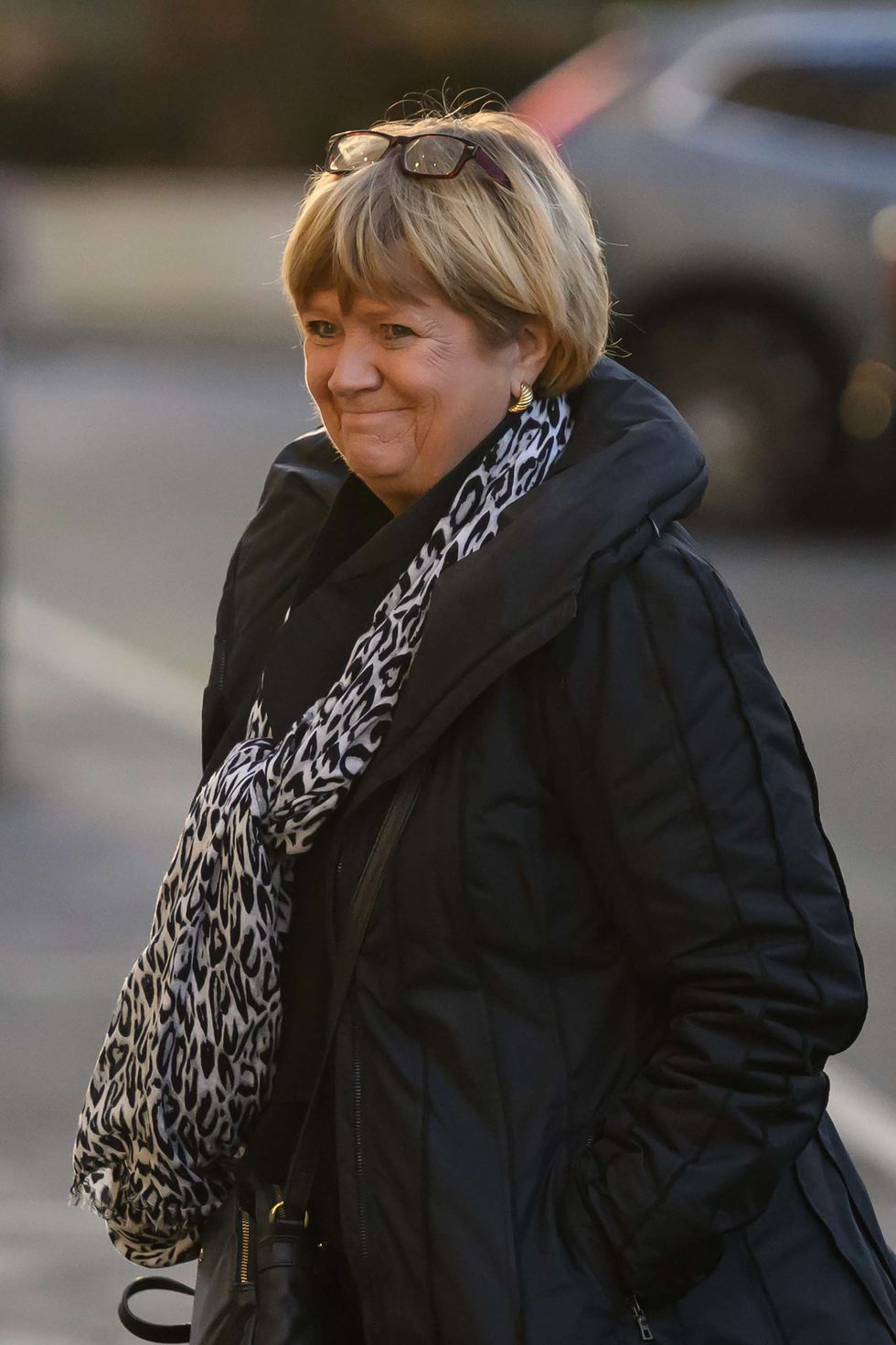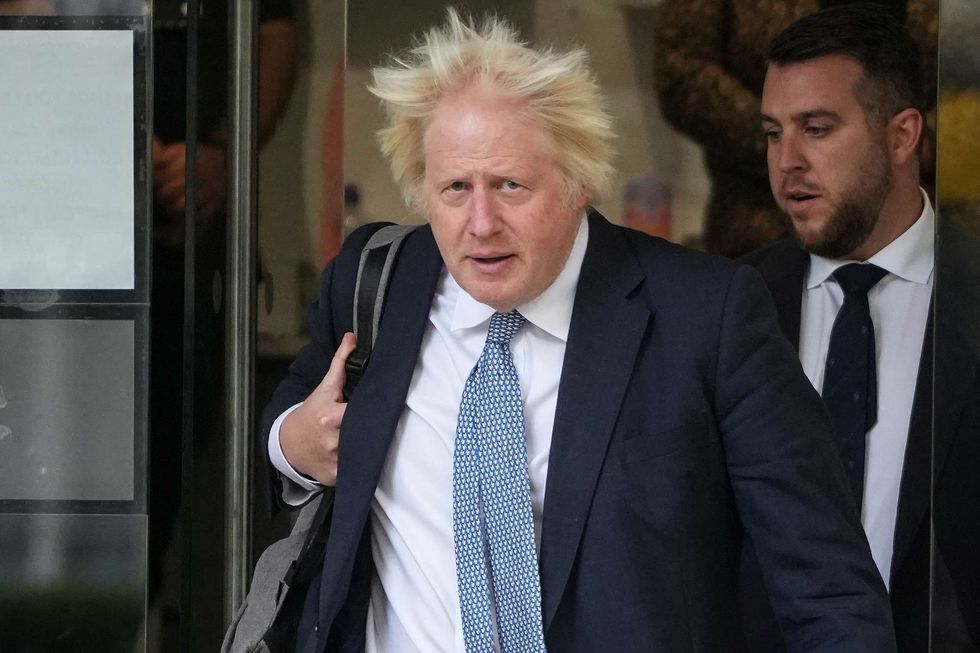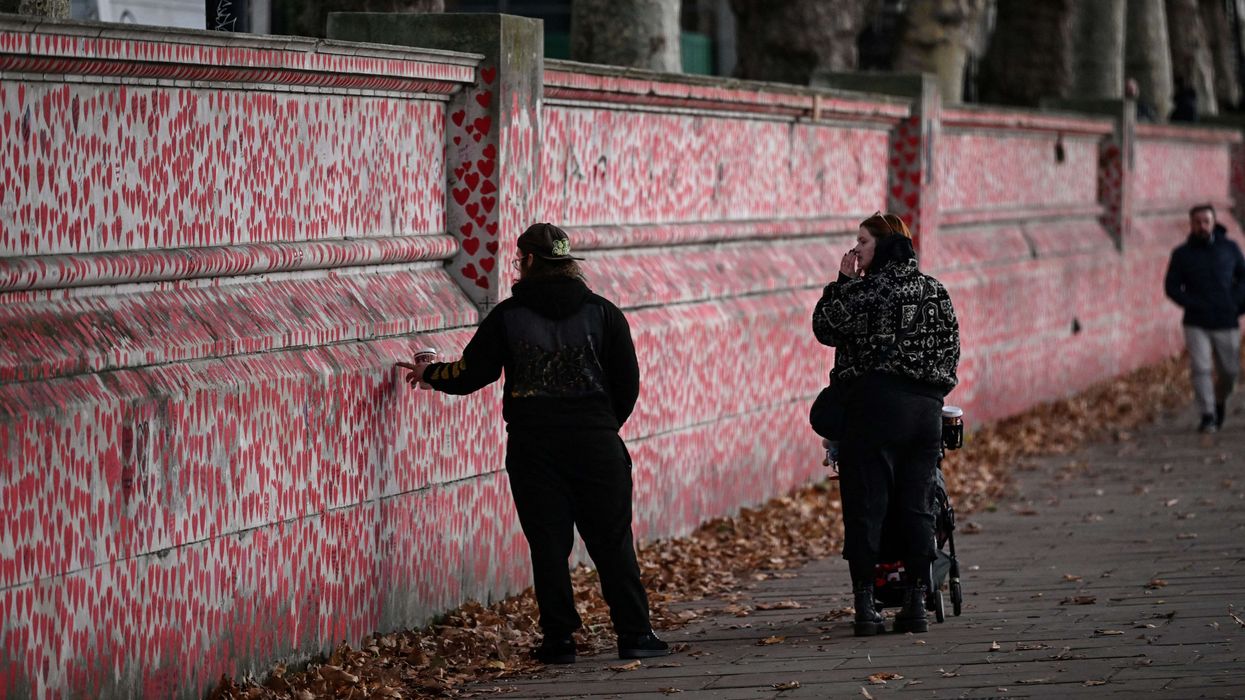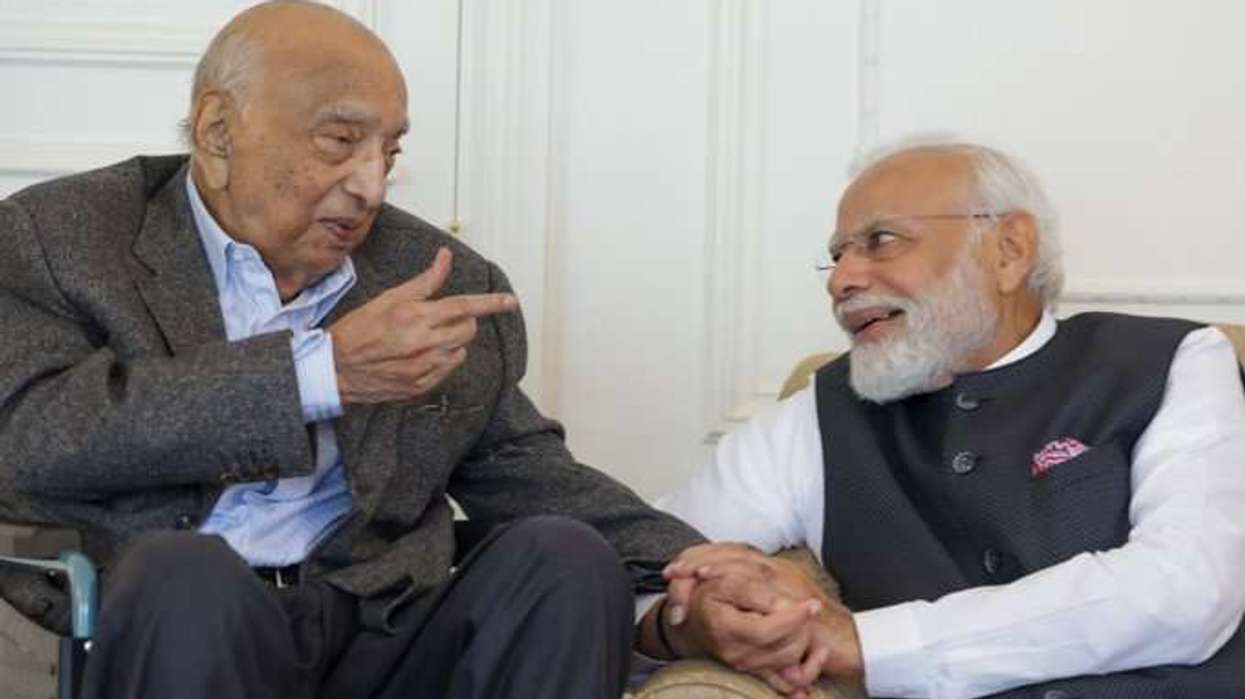BANGLADESHI and Pakistani communities were among the groups most severely affected by the Covid-19 pandemic in the UK, according to new findings from the UK Covid-19 Inquiry.
Published last Thursday (20), the report concluded that the crisis “dramatically expanded” long-standing racial inequalities and left many minority families more exposed to harm while being less protected by government decisions.
The 800-page, two-part report from the independent Inquiry delivered a detailed examination of the early months of the pandemic. It highlighted a stark picture of delayed decisions, missed opportunities and structural discrimination that shaped how different communities experienced the crisis.

Inquiry chair Baroness Heather Hallett, a retired senior judge, said there was a “serious failure” by the government to “appreciate the level of risk and the calamity the UK faced and the need to inject urgency into the response. Had the lockdown been imposed one week earlier than March 23, the evidence suggests that the number of deaths in England alone in the first wave up until July 1, 2020 would have been reduced by 48 per cent.”
Describing February 2020 a “lost month”, the inquiry chair added that if restrictions had been introduced sooner, the mandatory lockdown could have been shorter, or “might not have been necessary at all”.

While the impact of the lockdown, the pressures on the NHS and the lack of preparedness were widely discussed in earlier hearings, the new document went further in explaining how minority groups paid the highest price.
Bangladeshi and Pakistani families suffered some of the most serious consequences, driven by a mix of socio-economic disadvantage, frontline occupations, overcrowded housing and poor access to support, the inquiry said.
“The key risks to these groups were played down in early official assessments, and the true scale of the danger only became clear as the first wave swept across the country,” the report noted.
The findings plainly said Covid-19 “exposed and expanded” inequalities long felt by ethnic minority groups.
While early official briefings had suggested the risks were broadly similar across the population, the inquiry found this was not accurate, and that detailed data pointing to greater dangers for Bangladeshi and Pakistani people took too long to be taken seriously.
Ethnic minority groups, particularly Bangladeshis and Pakistanis, had higher risks of dying from Covid-19. These risks were shaped not only by health factors, but also by wider social conditions.
Crowded homes made it harder for people to isolate. Many in these communities worked in frontline roles that did not allow working from home. Others faced language barriers or lacked the resources to access early public health advice and financial support.
The inquiry found that while these inequalities were well known before 2020, the government did not consider them properly when designing its early response. As a result, the groups who were already facing hardship became even more vulnerable.
Baroness Hallett noted that the experiences of minority communities will be examined in even greater depth when the inquiry’s future modules cover equality, children, women and long-term social impact.
The inquiry found inequalities grew across several groups, including disabled people, women and ethnic minorities.
It also highlighted the effects of school closures on children – especially those from disadvantaged households – saying the impact was severe and will be felt for many years.
One of the conclusions is the level of preventable loss. According to modelling reviewed by the inquiry, about 23,000 deaths in England could have been avoided if the first national lockdown had been introduced earlier.
This delay, Hallett said, had “catastrophic consequences for the most vulnerable”, including households where multiple generations often shared small living spaces.
High infection rates in essential roles such as retail, public transport, delivery work and health care meant many were exposed before the government fully understood the scale of the threat.
“Some communities were also at greater risk because of limited access to official guidance, digital barriers and mistrust built from past experiences of discrimination. Together, these issues meant ethnic minority groups were at higher risk both from the virus itself and from the economic fallout that followed,” the report said.
It was also deeply critical of the government led by then-prime minister Boris Johnson. The inquiry pointed out that the early response lacked urgency, and that warnings from scientists and public health officials were not acted upon quickly enough.
Hallett added that an earlier intervention might have meant a shorter lockdown – or potentially avoided a national lockdown. Crucially, the inquiry rejected claims that the lockdown was unnecessary. It said clearly that without it, the spread of the virus “would have led to an unacceptable loss of life”.
But questions remain about why the intervention came so late, and why the government failed to consider how its decisions would affect the most disadvantaged groups. This oversight, the report argued, increased the suffering of ethnic minorities, disabled people and those already living in poverty.
It also offered a striking account of the political culture inside Downing Street during one of the country’s worst crises.
At the centre of government, it said, there was a “toxic and chaotic culture” where cabinet ministers were “sidelined”, women’s voices were “often ignored”, and senior advisers engaged in behaviour that undermined good governance.
The report singled out the conduct of Johnson’s former chief adviser Dominic Cummings, describing his approach as “destabilising”. It said Johnson not only failed to stop the harmful dynamics, but at times “actively encouraged” them.
The inquiry also found there was a “lack of trust” between Johnson and the leaders of Scotland, Wales and Northern Ireland, which slowed cooperation even though health services are devolved.
Johnson, who gave evidence last month, expressed regret over the “nightmare” impact on children, but defended the overall approach by his government.
The report was met with strong reactions from campaign groups, especially families who lost relatives.
Covid-19 Bereaved Families for Justice UK said the findings made clear that the government’s actions had directly contributed to the high death toll.
“We now know that many of our family members would still be alive today if it weren’t for the leadership of Boris Johnson and his colleagues,” the group said.
The families have long argued that the government failed to take the virus seriously enough in its early stages and acted too slowly in protecting those at risk of the virus.
The UK recorded one of the worst Covid-19 death tolls in Europe. By mid-July 2021, more than 128,500 deaths had been officially counted. Today, that figure stands at over 226,000.
The inquiry said the country was “woefully underprepared” for a pandemic. The first report, published in July 2024, had already shown that ministers and officials lacked proper plans, stockpiles and systems to respond to a major health crisis.
Johnson, meanwhile, slammed the report as “hopelessly incoherent” in a social media post last Saturday (22).
“More than three years after the end of the pandemic, they are still wrangling about what went wrong,” Johnson, 61, said. “I repeat that I remain full of regret for the things the government I led got wrong and full of sympathy for all those who suffered - whether from the disease or from the steps we took to protect the population,” Johnson wrote in the article in the Daily Mail. “All I can say is that everyone involved was doing our level best, under pretty difficult circumstances, to get it right and to save lives,” added Johnson, who commissioned the independent inquiry in 2021 when he was still leader.
The inquiry is scheduled to wrap up hearings in 2026.




